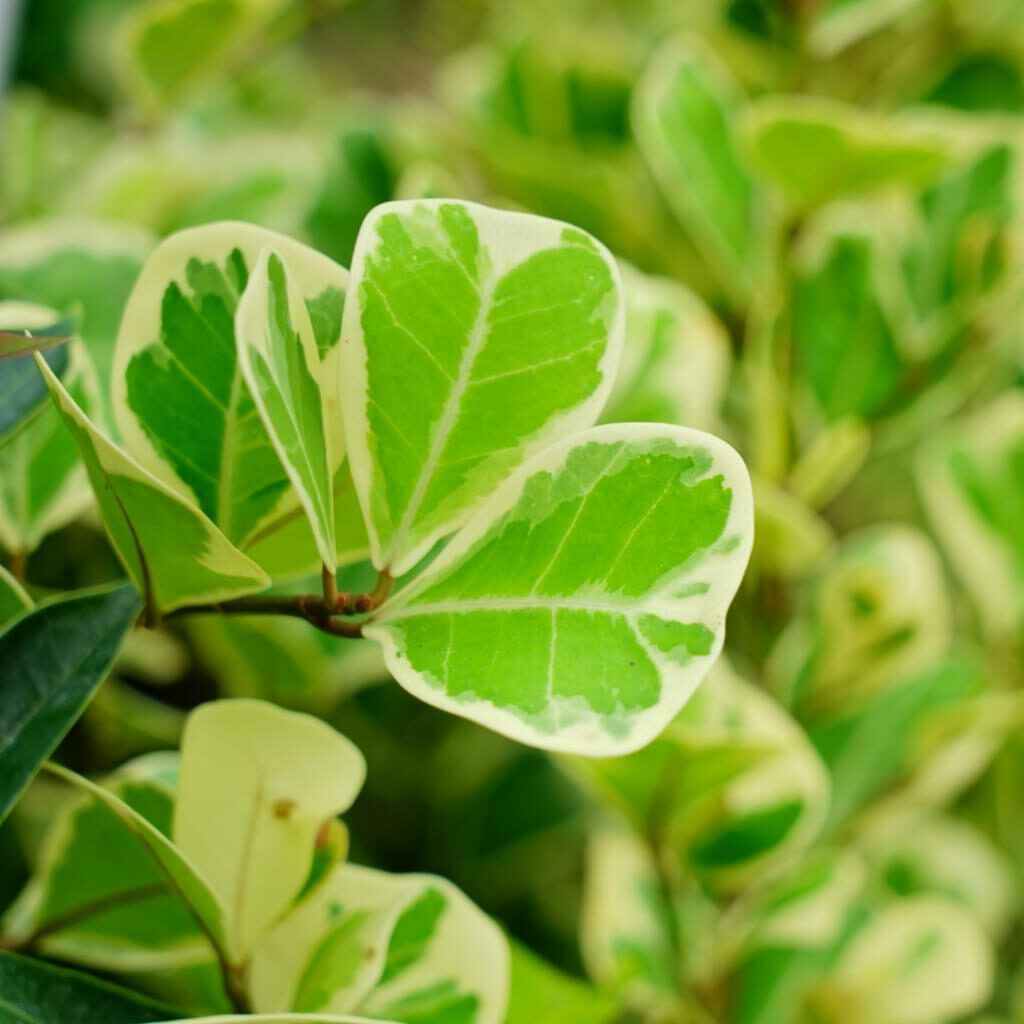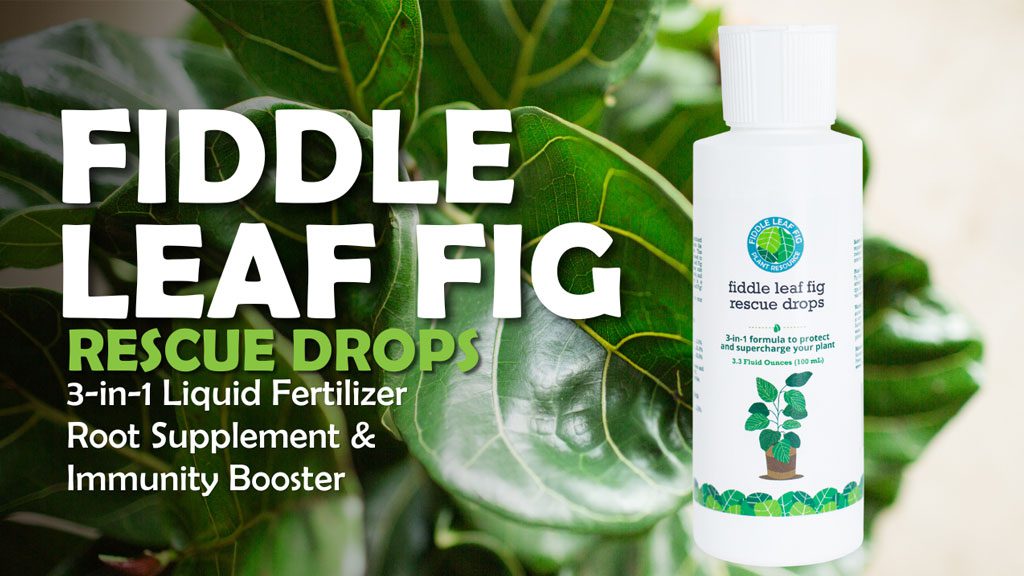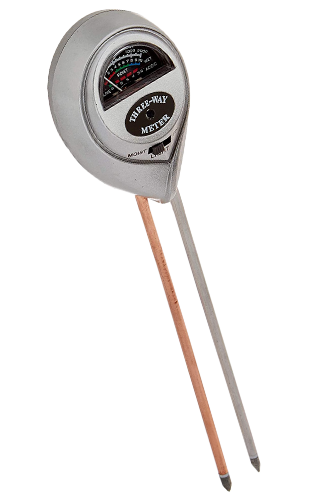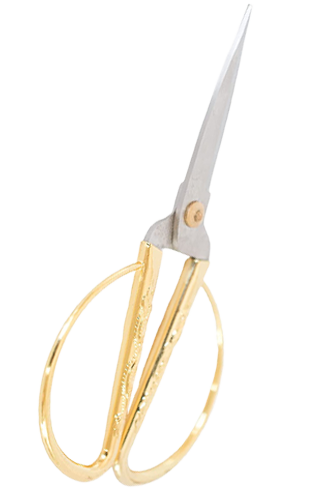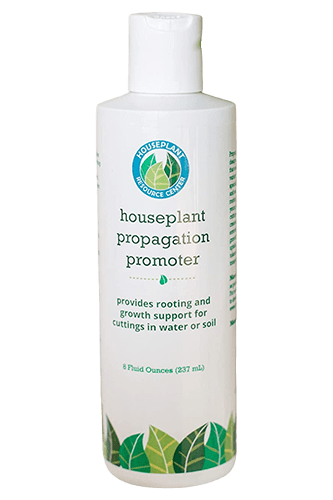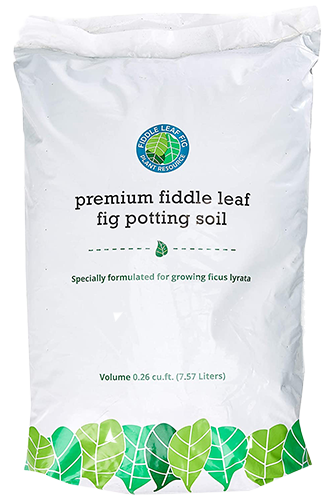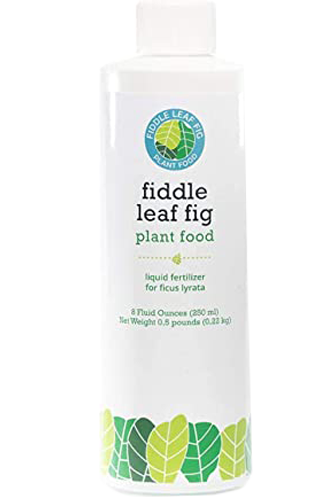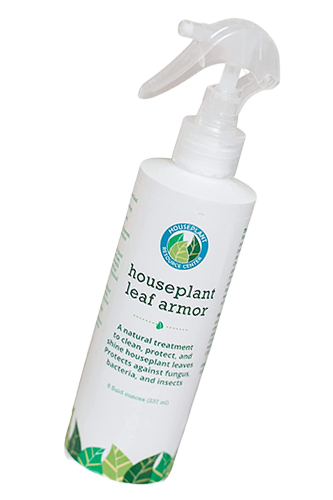Looking for a plant similar to fiddle leaf fig trees to add to your home, check out these five options! The fiddle leaf fig (Ficus lyrata) is a popular indoor plant that is known for its large, glossy leaves, and sometimes homes need a little something different than the widely available plant.
Alternative Stylish Plants To Fiddle Leaf Fig
Do you love the look of a fiddle leaf fig, but a Fiddle Leaf Fig just isn’t the perfect choice? Never fear! There are plenty of other indoor plants that will give your home that same stylish, jungle-chic vibe, and from all of the available options today, there’s bound to be one perfect plant for your home. I’ve included some of the most popular alternatives below.
Ficus Tree Alternatives
If you’re looking to stay within the Ficus family to find a similar plant to the Fiddle Leaf Fig tree, some of the more popular options are Monstera Deliciosa, Majesty Palm, Meyer Lemon, Fishtail Palm, Umbellata Plant, and the Bengal Fig. Here is some information on each of these to help you make a decision on which plants similar to a Fiddle Leaf Fig would be the right fit for you.
This list is not exhaustive, these are simply some of the most popular options for houseplant enthusiasts right now.
Monstera Deliciosa
Also known as the Swiss cheese plant and the split-leaf philodendron, this lush foliage plant is easily recognizable by its large, perforated leaves. It’s a fast-growing vine that can reach up to 20 feet in length, making it a great choice for filling up empty wall space.
This large, leafy plant is native to the tropical forests of Central and South America, and is known for its striking, deeply-lobed leaves.
This plant provides a large sized fruit that looks similar to an ear of corn. It is said that the fruit smells like a mixture of pineapples and bananas, and it is a sweet fruit. It does take over a year for the fruit to ripen, so this plant is best used as an ornamental plant and not as a food source.
Majesty Palm
The Majesty Palm is a popular indoor plant that is similar to the Fiddle Leaf Fig. This palm is native to Madagascar and can grow up to 10 feet tall. The Majesty Palm is a low-maintenance plant that does well in bright, indirect sunlight. watering this plant about once a week should suffice.
The Majesty Palm is known to purify the air and help reduce stress levels, making it a great plant to have in your home and a very popular choice among interior decorators.
Meyer Lemon
The Meyer Lemon tree is known for its ability to produce fragrant flowers and fruit, making it a great addition to any home. Meyer lemon is also easy to care for, making it a great choice for houseplant enthusiasts and those who are new to indoor gardening.
This plant is becoming very popular among people with smaller garden spaces, but it also makes a beautiful indoor plant, so long as it gets plenty of sunlight and fertilization as needed.
Fishtail Palm
While the fiddle leaf fig may be one of the most popular indoor plants out there, the fishtail palm is a great alternative for those looking for something similar. Both plants have large, glossy leaves that make them stand out in any room. The fishtail palm is also known for being nearly impossible to kill, making it a great option for those with a less than green thumb.
The name is very fitting, as each leaf looks like a fish’s tail. It grows from multiple trunks usually, and when kept in a pot indoors it will not reach its full outdoor height of 20 feet tall and it will make a beautiful and colorful statement in your home.
Umbellata Plant
This tropical plant is native to Brazil and can grow up to 10 feet tall. The Umbellata plant has large, dark green leaves that are similar in shape to the fiddle leaf fig. Like the fiddle leaf fig, the Umbellata plant prefers bright, indirect sunlight and well-drained soil.
The Umbellata plant has wide, full leaves, and is originally from Africa. It’s very popular in Japanese culture and for good reason. It is a truly beautiful plant.
Bengal Fig
If you’re looking for an indoor plant with a similar appearance to the Fiddle Leaf, the Bengal Fig (Ficus benghalensis) is a good option. Like the Fiddle Leaf Fig, the Bengal Fig has large, leathery leaves. It’s a fast-growing plant, so it can quickly fill up an empty space in your home.
The Bengal Fig is also tolerant of low light levels, making it a good choice for rooms that don’t get much natural sunlight. This plant is one of the most tolerant plants out of all of the options above, both with light requirements and how sensitive it is to watering.
Fiddle Leaf Fig Cousin
Below are some options for houseplants that are a bit more similar to the Fiddle Leaf Fig, and still come from the Ficus family. Again, these aren’t the only cousins of the Fiddle Leaf Fig, but they are excellent alternatives that you can usually find easily in any plant nursery, and sometimes even hardware stores or grocery stores!
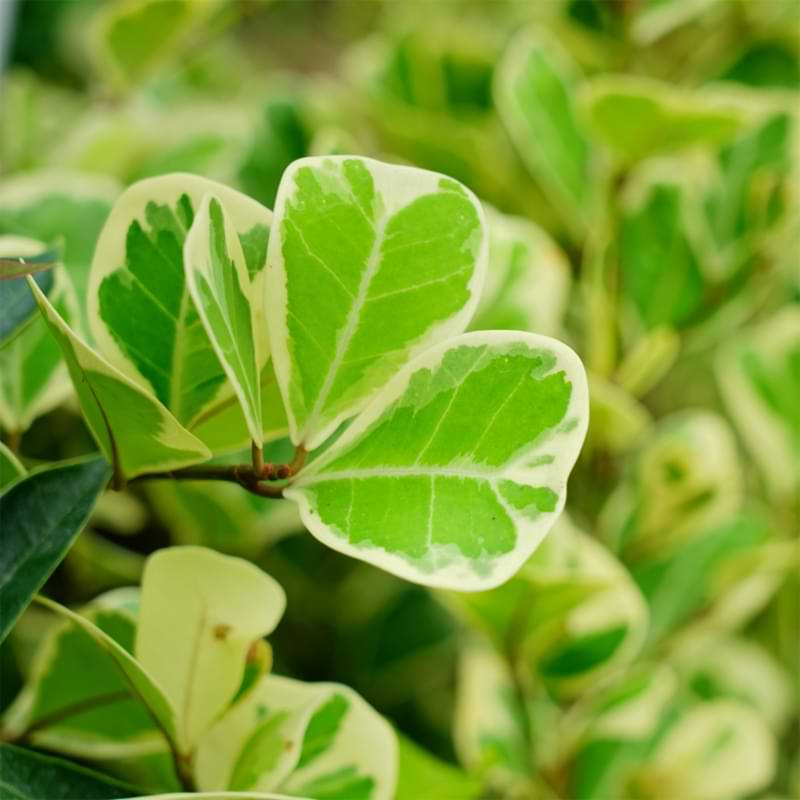
Weeping Fig
Weeping figs are a type of ficus, and they have the same large, glossy leaves as fiddle leaf figs. They can grow to be quite large, so they’re perfect for filling up empty spaces in your home. Plus, they’re easy to care for and they’re relatively low maintenance.
With that being said, a Weeping Fig may outgrow your space if you continue repotting it in larger containers. You can prevent this by only repotting your tree when absolutely necessary. It should stay below 6 feet tall when kept indoors.
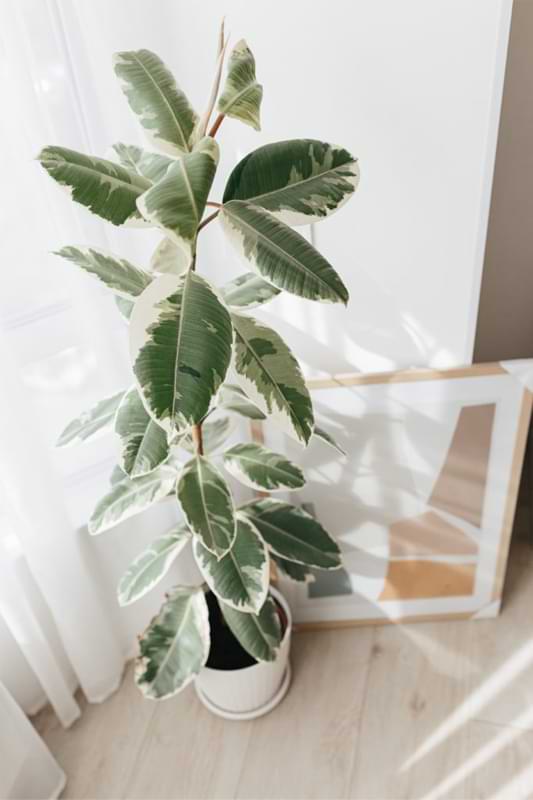
Rubber Tree
The rubber tree is a large, evergreen tree that can reach up to 100 feet tall in its native habitat. However, when grown indoors, it will only reach a height of 6-8 feet. The leaves of the rubber tree are thick and glossy, and they have a deep green color.
The rubber tree does best in bright, indirect light, and it likes to be kept on the drier side. Water the plant when the top inch of soil is dry, and try not to flood the plant, it doesn’t need deep waterings like other indoor plants might every now and then.
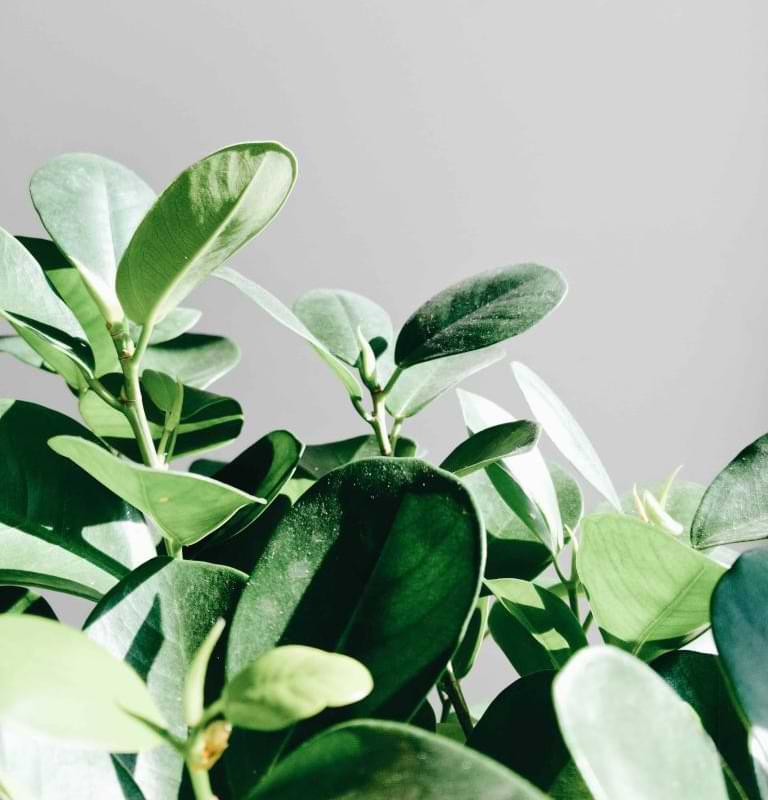
Ficus Audrey
This plant has large, glossy leaves that are similar in shape to a fiddle leaf fig, and it can grow just as big. Plus, it’s much easier to care for and is tolerant of low light conditions. FIcus audrey plants have smaller and slightly fuzzy leaves with a light colored trunk.
Inside, this plant can grow between 5 to 10 feet tall, and outside in the right environment, it can grow up to 100 feet tall. It likes to have moist soil and some sun exposure, so placing it by a West facing window would be great for it.
Plants With Fig Like Leaves
These plants have a similar leaf pattern to the Fiddle Leaf Fig, and are equally excellent houseplants for most homes.
Fiddleleaf Philodendron
The Fiddleleaf Philodendron is a beautiful, easy to care for houseplant that is perfect for those who are looking for an indoor plant similar to the Fiddle Leaf Fig. The Fiddleleaf Philodendron is a tropical plant that originates from South America and is related to the Monstera Deliciosa.
This plant is known for its large, glossy, fiddle-shaped leaves that can grow up to 3 feet long. The Fiddleleaf Philodendron is an easy plant to care for and does well in bright, indirect light. Water this plant when the top inch of soil is dry and be sure to use a well-draining pot.
The Fiddleleaf Philodendron is a beautiful addition to any indoor space and makes a great choice for those who are looking for an easy to care for houseplant.
Triangle Fig
Like the fiddle leaf fig, the Triangle Fig has large, glossy leaves that make it a beautiful addition to any room. The triangle fig is also easy to care for and is tolerant of low light conditions, making it a great choice for beginners or those with homes that lack an abundance of natural light.
The Triangle Fig is also known as the Sweetheart Tree because the leaves look like little hearts. It’s a very common houseplant that grows to an indoor height of 5-7 feet.
Plants That Look Good With Fiddle Leaf Fig
If you already have a Fiddle Leaf Fig tree and are looking for another plant to add to your collection that is similar, there are many options for you! A lot of other plants look great next to a Fiddle Leaf Fig tree. Here are some suggestions, but there are a ton more options out there!
Snake Plant
The very first option would be the ever-popular Snake Plant. The Snake Plant is a great option for those who are looking for a low-maintenance plant that is also stylish. This plant is known for its ability to tolerate low light and neglect, making it a great choice for busy people or those who are new to caring for plants.
Snake plants are also known to be very effective at cleaning the air of harmful toxins, so they can help improve the quality of your indoor environment. Be careful though, if ingested, this plant is toxic and can cause serious harm. So if you have pets or kids with a taste for greenery, you may want to keep this plant well out of reach.
Bush Lily
The bush lily is a member of the genus Cordyline, which includes several other tropical plants. Like the Fiddle Leaf Fig, the Bush Lily has large, leathery leaves that are deeply veined. The leaves of the bush lily are often variegated with green, yellow, and red tones.
It is a relatively low-maintenance plant, and it can tolerate low light levels. However, like the fiddle leaf fig, the bush lily does prefer humid conditions, so make sure to keep a humidifier close by if your indoor air is dry, or remember to mist it every day or two.
Abidjan Ficus
The Abidjan Ficus is a beautiful, multi-purpose indoor plant that is closely related to the Fiddle Leaf Fig. It can be used as a focal point in a room or as part of a larger indoor plantscaping design. Although it is not as large as the fiddle leaf fig, it still makes a stunning impact.
The Abidjan Ficus has dark green, glossy leaves that are shaped like hearts. It is a fast-growing plant and can reach up to 6 feet tall and 4 feet wide. Like the fiddle leaf fig, it prefers bright, indirect sunlight but can also tolerate low light conditions.
It is a relatively easy plant to care for and is drought tolerant. When watering, allow the soil to dry out completely before watering again. If you are looking for an indoor plant that makes a statement and is easy to care for, the Abidjan Ficus is a great option!
Ficus maclellandii (Narrow Leaf Fig)
Ficus Maclellandii, also known as the Narrow Leaf Fig is another excellent option to complement your Fiddle Leaf Fig. This plant is native to Southeast Asia and has long, narrow leaves that resemble a fiddle.
It’s a fast-growing plant that can reach up to 20 feet tall, making it a great choice for filling empty space in your home. Like the Fiddle Leaf Fig, this plant prefers bright, indirect light and should be watered when the soil is dry to the touch.
Cast-Iron Plant
If you’re looking for a plant to complement the Fiddle Leaf Fig that is just as easy to care for, the Cast-iron Plant is a great option. This tough plant can tolerate low light and irregular watering, making it perfect for busy households.
The cast-iron plant’s lance-shaped dark green leaves add a touch of elegance to any room, and its slow growth means it will never outgrow its space. If you decide to grow this plant outdoors, it may provide you with some beautiful cream and purple flowers at the base of the plant. It’s not typical to see this plant flower when grown indoors.
Dracaena
Dracaenas are a type of evergreen tree that can grow up to 15 feet tall. They have long, strap-like leaves that are often variegated or striped. While they’re not as dramatic as the fiddle leaf fig, they can still make a statement in your home. Plus, they’re easy to care for and tolerant of lower light conditions.
The leaves are typically either green, or have stripes or edges of green, red, or yellow. Each one is truly unique and would make an excellent statement right alongside your Fiddle Leaf Fig tree. This plant is pretty tough and is happy to live almost anywhere you can put it in your home.
ZeeZee Plant
The ZZ Plant is a beautiful addition to any houseplant collection. It adds an instant insta-worthy look to your space, which is one of the reasons it has become so popular today. This plant originated in Africa, so it loves warmer temperatures and is relatively drought-tolerant. So you can forget about it for a while and it will still be just fine!
The waxy leaves of this plant are not only beautiful, but they help to brighten up any space as a sort of light reflector. Any plant that naturally brightens up a room is the perfect plant for most spaces. The light requirements for this plant is rather generous, so you can have it near a bright window or in a dark room and it should do just fine.
Final Thoughts: Plants Similar To Fiddle Leaf Fig
There are so many plants that are similar to a Fiddle Leaf Fig! Each of them have their own unique needs, and some of them may not be right for every home. If you are interested in having a plant similar to a Fiddle Leaf Fig, I urge you to visit your local plant nursery and see what options they have. If their selection is lacking, you can always check out online plant retailers.
I hope you were able to find some new plants similar to Fiddle Leaf Fig!
To learn more:
Sign up for our free Fiddle Leaf Fig Care 101 Webinar for advanced fiddle leaf fig care.
Make sure you’re subscribed to our newsletter.
Read The Fiddle Leaf Fig Expert, your complete guide to growing healthy fiddle leaf fig plants. The book is available in full-color paperback or Kindle edition on Amazon now!
Click to join our community on Facebook: Fiddle Leaf Fig Plant Resource Group.

